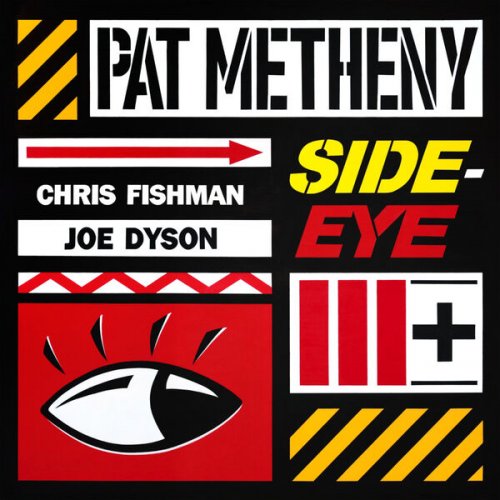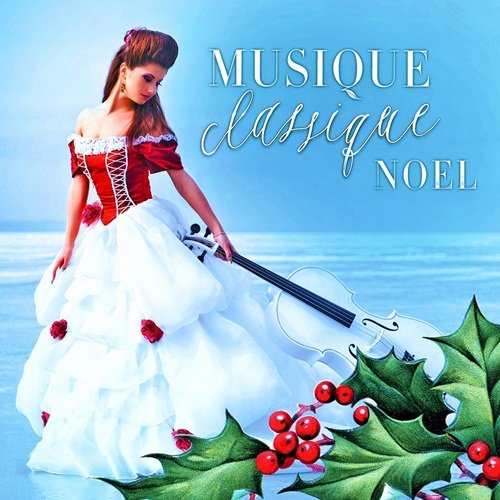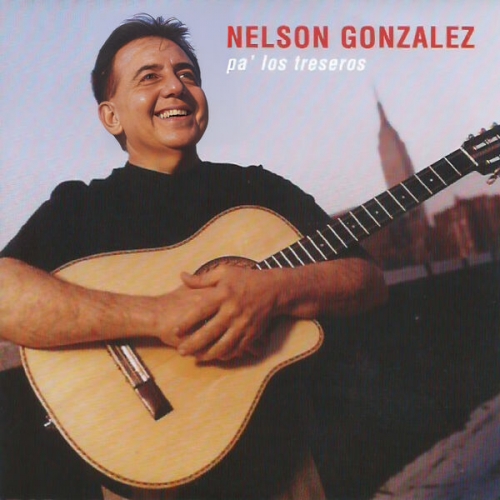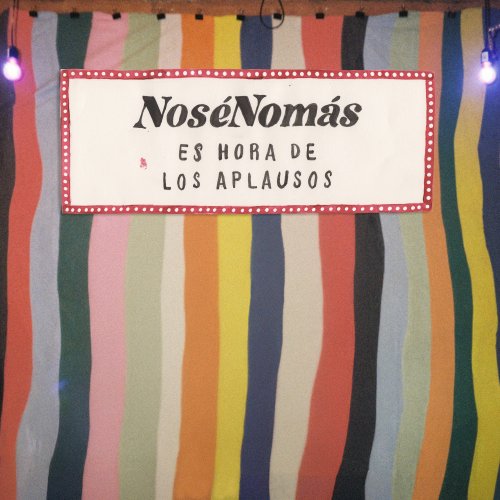Eduardo Egüez, La Compagnia del Madgriale - "O felice occhi miei" - Lute Music from Renaissance Italy (2024) [Hi-Res]
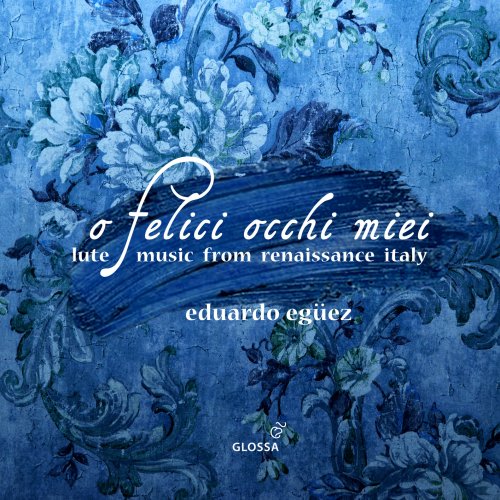
Artist: "O felice occhi miei" - Lute Music from Renaissance Italy
Title: Eduardo Egüez, La Compagnia del Madgriale
Year Of Release: 2024
Label: Glossa
Genre: Classical
Quality: flac lossless (tracks) / flac 24bits - 96.0kHz +Booklet
Total Time: 00:51:10
Total Size: 289 / 945 mb
WebSite: Album Preview
TracklistTitle: Eduardo Egüez, La Compagnia del Madgriale
Year Of Release: 2024
Label: Glossa
Genre: Classical
Quality: flac lossless (tracks) / flac 24bits - 96.0kHz +Booklet
Total Time: 00:51:10
Total Size: 289 / 945 mb
WebSite: Album Preview
01. Intabolatura di Liuto, Book 2: Ricercar No. 2
02. Madrigali á 4 voci, Book 1: No. 55, O felici occhi miei (Arr. for Lute by Perino Fiorentino)
03. Madrigali á 4 voci, Book 1: No. 55, O felici occhi miei
04. Fantasia No. 21
05. Intabolatura di Liuto, Book 3: Fantasia No. 38
06. Intabolatura di Liuto, Book 1: Fantasia No. 28
07. Pavane "La romanesque"
08. Gaillarde l'amirale
09. Fantasie sixiesme
10. Il primo libro d'i madrigali a misura di breve: No. 35, Alcun non può saper da chi sia amato (Arr. for Lute by Giovanni Paolo Paladino)
11. Il primo libro d'i madrigali a misura di breve: No. 35, Alcun non può saper da chi sia amato
12. Tablatures de luth en diverses sortes: Pavane (1)
13. Tablatures de luth en diverses sortes: Pavane (2)
14. Tablatures de luth en diverses sortes: Gaillarde
15. Tablatures de luth en diverses sortes: Fantasia
16. Pavane "La Lacrimosa"
17. Saltarello primo
18. D'amour me plains (Arr. for Lute by Alberto Da Ripa)
19. D'amour me plains
O felici occhi miei marks a welcome first solo outing for lutenist Eduardo Eguez on Glossa, adding to the label's long succession of releases devoted to Italian Renaissance music. The poem behind this album's title refers to happiness and cruelty, harmony and discord, contrasts evoked by Eguez's programme which focuses on music by five leading Italian lutenists from the first half of the sixteenth century, Francesco Canova da Milano, Alberto da Ripa, Pietro Paolo Borrono, Giovanni Paolo Paladino and Perino Fiorentino. The work and lives of these composers were all mixed up in the Italian Wars (1494-1559) which will have overshadowed their compositional activities as much as their playing at those various courts embroiled in the conflict.
Eguez elegantly explores this bellicose time with virtuosic fantasias and sprightly dances, but also with diminutions on vocal intabulations - with these last emphasizing this new release's Glossa family connections, as three of the tracks feature vocal contributions from La Compagnia del Madrigale and the sessions took place in that ensemble's favoured location of the aptly contemporaneous church in Roletto, just outside the city of Turin.
![El Calefón - Salir Del Agujero (2026) [Hi-Res] El Calefón - Salir Del Agujero (2026) [Hi-Res]](https://img.israbox.com/img/2026-02/26/sm3fq4x280rjvn4eh85ksne6j.jpg)
![Zenekar - Swirls (2026) [Hi-Res] Zenekar - Swirls (2026) [Hi-Res]](https://img.israbox.com/img/2026-02/25/t028ousw4otuz57efsjkzgr6u.jpg)
![Mateus Asato - ASATO (2026) [Hi-Res] Mateus Asato - ASATO (2026) [Hi-Res]](https://www.dibpic.com/uploads/posts/2026-02/1772112407_egqdz3e9dom2b_600.jpg)
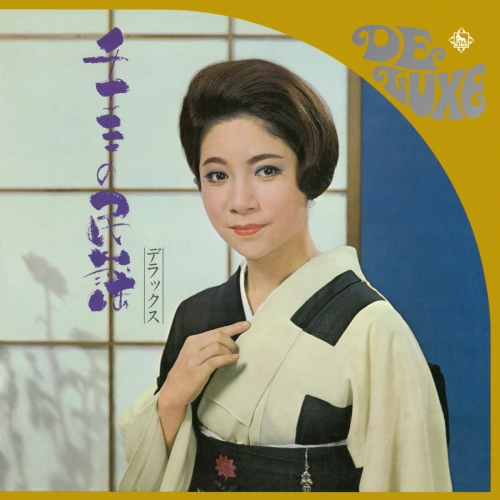
![Chad Lefkowitz-Brown - City Spirit (2026) [Hi-Res] Chad Lefkowitz-Brown - City Spirit (2026) [Hi-Res]](https://www.dibpic.com/uploads/posts/2026-02/1772171883_y3mc4z2lmsr7a_600.jpg)
